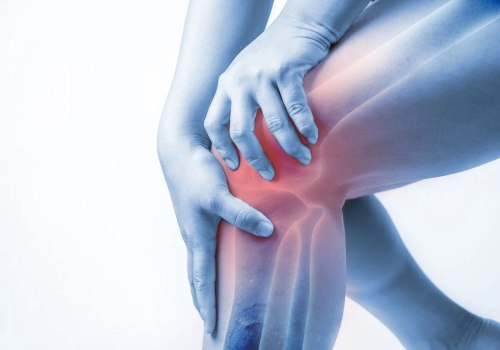Swelling or tenderness around the joints (may be noticed in the knees) · Extra pressure on the spine · Stiffness in the knees, hips, ankles and feet · Fatigue · Carpus. Because arthritis affects joints throughout the body, the extra burden of pregnancy can increase pain and discomfort. This can be particularly noticeable on the knees. The extra pressure on the spine can cause muscle spasms or numbness in the legs. Many people with rheumatoid arthritis say their symptoms improve a lot during pregnancy, especially in the second three months of pregnancy.
Rheumatoid arthritis is a condition in which the immune system mistakenly attacks joints and other tissues in the body. Pain and discomfort may continue throughout the pregnancy and may worsen due to changes in weight and posture, putting additional strain on affected joints. You're probably noticing several body changes right now. In addition to normal physical changes, it's common to experience increased joint and muscle pain during pregnancy.
Weight gain puts pressure on the knees and can aggravate knee pain. You may also notice that your joints appear looser and that you feel like you're walking when you walk. All of this is very normal, but it can easily lead to wondering how to treat joint pain naturally during pregnancy. In addition to joint pain due to normal physical changes during pregnancy, joint pain during pregnancy can also be due to arthritis.







